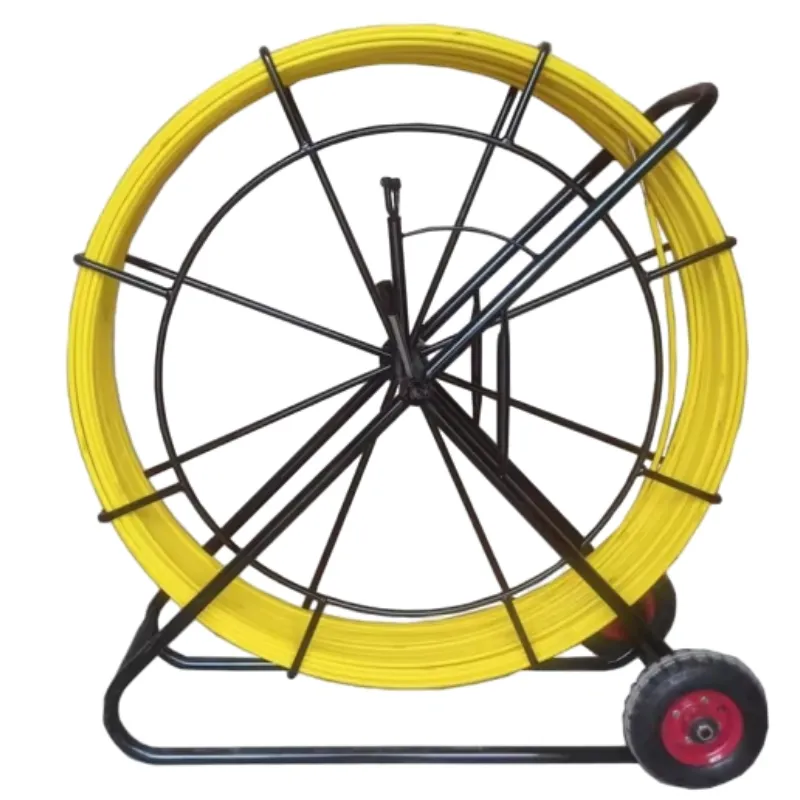
-
 Afrikaans
Afrikaans -
 Albanian
Albanian -
 Amharic
Amharic -
 Arabic
Arabic -
 Armenian
Armenian -
 Azerbaijani
Azerbaijani -
 Basque
Basque -
 Belarusian
Belarusian -
 Bengali
Bengali -
 Bosnian
Bosnian -
 Bulgarian
Bulgarian -
 Catalan
Catalan -
 Cebuano
Cebuano -
 Corsican
Corsican -
 Croatian
Croatian -
 Czech
Czech -
 Danish
Danish -
 Dutch
Dutch -
 English
English -
 Esperanto
Esperanto -
 Estonian
Estonian -
 Finnish
Finnish -
 French
French -
 Frisian
Frisian -
 Galician
Galician -
 Georgian
Georgian -
 German
German -
 Greek
Greek -
 Gujarati
Gujarati -
 Haitian Creole
Haitian Creole -
 hausa
hausa -
 hawaiian
hawaiian -
 Hebrew
Hebrew -
 Hindi
Hindi -
 Miao
Miao -
 Hungarian
Hungarian -
 Icelandic
Icelandic -
 igbo
igbo -
 Indonesian
Indonesian -
 irish
irish -
 Italian
Italian -
 Japanese
Japanese -
 Javanese
Javanese -
 Kannada
Kannada -
 kazakh
kazakh -
 Khmer
Khmer -
 Rwandese
Rwandese -
 Korean
Korean -
 Kurdish
Kurdish -
 Kyrgyz
Kyrgyz -
 Lao
Lao -
 Latin
Latin -
 Latvian
Latvian -
 Lithuanian
Lithuanian -
 Luxembourgish
Luxembourgish -
 Macedonian
Macedonian -
 Malgashi
Malgashi -
 Malay
Malay -
 Malayalam
Malayalam -
 Maltese
Maltese -
 Maori
Maori -
 Marathi
Marathi -
 Mongolian
Mongolian -
 Myanmar
Myanmar -
 Nepali
Nepali -
 Norwegian
Norwegian -
 Norwegian
Norwegian -
 Occitan
Occitan -
 Pashto
Pashto -
 Persian
Persian -
 Polish
Polish -
 Portuguese
Portuguese -
 Punjabi
Punjabi -
 Romanian
Romanian -
 Russian
Russian -
 Samoan
Samoan -
 Scottish Gaelic
Scottish Gaelic -
 Serbian
Serbian -
 Sesotho
Sesotho -
 Shona
Shona -
 Sindhi
Sindhi -
 Sinhala
Sinhala -
 Slovak
Slovak -
 Slovenian
Slovenian -
 Somali
Somali -
 Spanish
Spanish -
 Sundanese
Sundanese -
 Swahili
Swahili -
 Swedish
Swedish -
 Tagalog
Tagalog -
 Tajik
Tajik -
 Tamil
Tamil -
 Tatar
Tatar -
 Telugu
Telugu -
 Thai
Thai -
 Turkish
Turkish -
 Turkmen
Turkmen -
 Ukrainian
Ukrainian -
 Urdu
Urdu -
 Uighur
Uighur -
 Uzbek
Uzbek -
 Vietnamese
Vietnamese -
 Welsh
Welsh -
 Bantu
Bantu -
 Yiddish
Yiddish -
 Yoruba
Yoruba -
 Zulu
Zulu


Oct . 09, 2024 04:04 Back to list
Leveraging Block Strategies for Enhanced Performance and Efficiency in Projects
Understanding Lever Blocks A Comprehensive Overview
Lever blocks are essential tools in the field of lifting and rigging, designed to provide a mechanical advantage when heavy objects need to be moved or lifted. These devices are crucial in various industries such as construction, manufacturing, and shipping, where heavy loads are a common occurrence. Lever blocks, also known as lever hoists, are compact and portable, making them suitable for both professional and personal use.
The core functionality of a lever block lies in its simple mechanical design, which utilizes a lever arm to multiply the effort applied by the user. This principle of leverage allows a person to lift a load that is significantly heavier than they could manage with bare hands. The construction of a lever block typically includes a robust housing, a lever arm, a ratchet mechanism, and a hook to attach the load. Users can pull down on the lever, which, in turn, engages the ratchet mechanism, providing the necessary lift to the load.
One of the primary advantages of lever blocks is their ease of use. They do not require electricity or complex power sources, making them particularly useful in remote locations or during power outages. This manual operation also ensures that lever blocks are lightweight and easy to transport, allowing them to be used in a variety of settings. Moreover, lever blocks can be employed in tight spaces where larger hoisting systems may not fit, making them versatile for many applications.
lever block

Safety is a crucial consideration when using lever blocks. Each unit comes with a specified load capacity that should never be exceeded. Overloading can lead to equipment failure or personal injury. Regular inspection and maintenance are essential to ensure that the lever block operates smoothly and safely. Users should also be trained in proper lifting techniques and safety protocols to mitigate risks associated with heavy lifting.
In terms of design, lever blocks have evolved significantly over the years. Modern models are often made from durable materials like steel and aluminum, enhancing their strength and longevity. Some advanced models incorporate features such as automatic load brakes, which enhance safety by preventing uncontrolled descent of the load.
In conclusion, lever blocks represent a vital tool in the arsenal of lifting equipment. Their simplicity, portability, and effectiveness make them invaluable in various sectors. As industries continue to grow and evolve, the importance of safe and efficient lifting solutions like lever blocks will remain a cornerstone of operational efficiency and safety. Whether you're lifting heavy machinery or securing loads, a lever block is an indispensable tool that can help transform arduous tasks into manageable ones.
Latest news
What Are Construction Tools and How Are They Used?
NewsJul.11,2025
Professional-Grade Duct Rodding Tools for Superior Cable Installation
NewsJul.11,2025
Enhancing Safety and Efficiency with Modern Hot Stick Solutions
NewsJul.11,2025
Empowering Cable Installation with Advanced Rodder Solutions
NewsJul.11,2025
Elevate Your Cable Installation Projects with Cable Pulling Tools
NewsJul.11,2025
Efficient Cable Handling Solutions: Cable Rollers for Sale
NewsJul.11,2025











